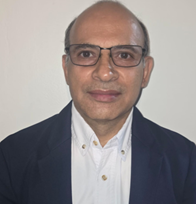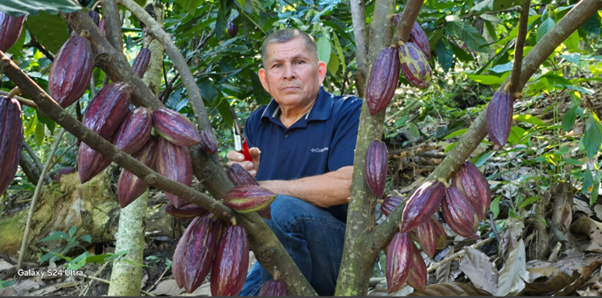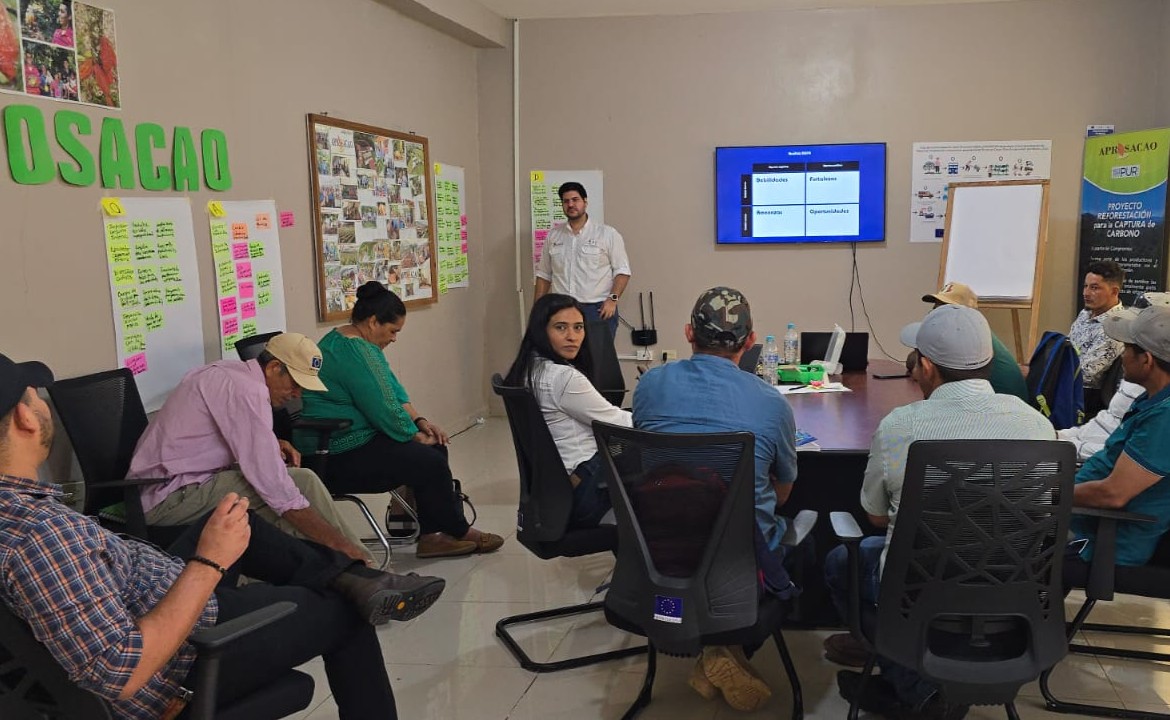VALORA-DAF: Added Value in Cocoa through Dynamic Agroforestry
What is the main objective of the project?
Cocoa farmers in Honduras face many challenges. Climate change is the primary challenge, disrupting crop productivity and affecting producers' incomes due to unpredictable weather patterns, ranging from heavy rains to severe droughts. The project addresses key challenges such as low productivity, economic dependence on a single crop, limited supply of certified and traceable cocoa, and the lack of self-sustainable technical assistance services. The project’s main objective is to increase sustainable cocoa production and improve the income of small producers in the cocoa supply chain. It suggests a plan that uses sustainable farming, builds stronger organisations, provides quality technical help, and promotes creative business ideas.

« Working towards self-sustainability in the organic and Fairtrade cocoa supply chain, with a long-term vision, brings many benefits for everyone. »
How the project contributes to sustainable cocoa production
The project will contribute to sustainable cocoa production by implementing dynamic agroforestry (DAF) systems, which will improve productivity, biodiversity and climate resilience, diversifying the income of smallholder farmers. Also, the project will strengthen technical assistance, promotes the inclusion of women and youth, and ensures the traceability of cocoa in compliance with international environmental regulations.
The holistic and sustainable approach is aligned with the Cocoa Platform’s Roadmap 2030, by promoting responsible agricultural practices, improving the living conditions of producers and strengthening sustainable and deforestation-free supply chains.
The project will also strengthen the economic, social, environmental and commercial resilience of cocoa farmers, prioritising investments based on strategic plans that define key activities to achieve self-sustainability of cocoa production.
What steps are taken during the project?
The project starts by signing agreements with cocoa farmer organisations to outline the contributions needed to fund key activities for reaching its goals. The plan establishes targets and goals which will be periodically monitored to ensure compliance. Once farms and producers are chosen to implement DAF systems, cocoa plantations scheduled for renovation will also be selected. Each plantation will then undergo an initial diagnosis, and a tailored work plan will be developed to meet its specific needs.
A self-sustaining technical assistance system will be set up to offer long-term support to all producers, including help with achieving organic and Fairtrade certifications. Over time, cocoa organizations will gradually cover all of these costs, using the extra income generated by each farmer. Finally, a real-time monitoring system will be introduced to track progress and maintain traceability.
What is innovative about this project?
The project is innovative because it integrates cocoa production with dynamic agroforestry (DAF) to promote a high diversity of plants in the same plot, improving the resilience and productivity of the farms. This will help increase the income of producers. The project focuses on building a vision for financial self-sustainability, reducing reliance on external funding and challenging traditional project paradigms.
One more innovative feature is how this project aligns with the strategic plans of organizations focused on certified organic and Fairtrade cocoa production. It includes a self-sustaining technical assistance model with expert teams, utilizing digital tools for real-time monitoring.
Additionally, it encourages income diversification by developing business models that feature value-added products, such as dried coconut, to help strengthen the economies of small producers.
How does the project contribute to improving the (economic) situation of girls and women?
The project improves the economic situation of women by encouraging their participation in the cocoa value chain. It promotes their inclusion in technical training, specialised teams and technical assistance services, strengthening their skills in sustainable production and farm management.
In addition, it encourages their participation in the development of sustainable business models, generating additional income through value-added products, such as dried coconut. This contributes to their economic autonomy and female empowerment in cocoa-growing communities.
Organisations involved




